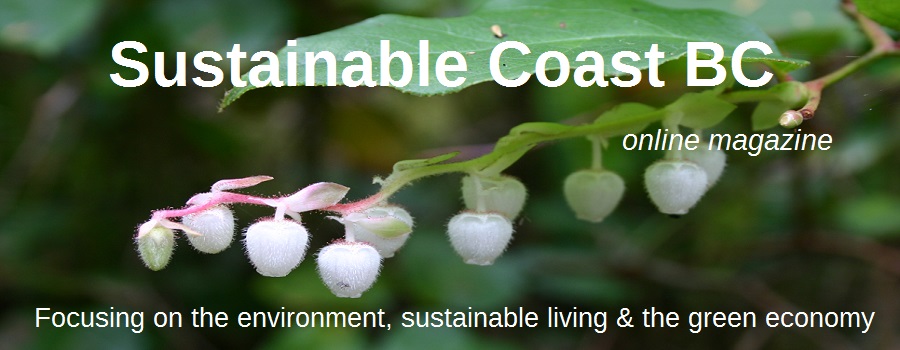News
Government memos reveal fish farmers pressured government to keep sea lice drugs secret, six years before biologist Alexandra Morton made it public.
A series of government memos reveal a heated debate in 1995 over a sea louse outbreak on a farm salmon on the Fraser sockeye migration route (Okisollo Channel). In 1995, a salmon farm requested permission to use hydrogen peroxide to treat an extremely heavy outbreak of sea lice on their fish. When the Ministry of Environment, Parks and Lands (MELP) informed the company that their drug application would have to be released to the public, the fish farmer withdrew the request. When environmental groups found out about the sea lice outbreak, the BC Salmon Farmers Association called for an investigation of MELP and a guarantee that fish farmers had a right to secrecy in the future.Sept 6, 1995 Don Peterson of MELP writes, “The company has withdrawn their application (for hydrogen peroxide) because they heard there was a requirement to advertise if a pesticide was going to be applied. I guess they were either afraid of the shareholders…or the public finding out... the company has asked that this request be kept strictly confidential and that all correspondence on the subject be destroyed.”
September 28, 1995 the BC Salmon Farmers Association criticized Minister Moe Sihota (MELP): “…government has an obligation to maintain confidentiality… Government is further prevented from unauthorized collection, use or disclosure of information…. puts at risk … capital investment of private citizens and individual companies…”
However, salmon farms operate in Canada’s public waters and impact a Canadian resource - wild fish.
On October 23 Earl Warnock of MELP writes, “I find it unconscionable that they (fish farmers) are only prepared to undertake measures appropriate to protect their stock health and the environment unless they can do it in a clandestine manner.... and for them and MAFF to ask us to operate with them in this way says something about the people we are dealing with.”
“MAFF” = Ministry of Agriculture, Fisheries and Food, now Ministry of Agriculture and Lands (MAL).
Either the sea lice remained on the farm fish on the Fraser sockeye migration route or they were treated without permission from MELP.
November 03, 1995, Bryan Ludwig, MELP writes: “…we are in the difficult position of being concerned about use of pesticides for treatment of sea lice, but also wanting to ensure we avoid a severe outbreak for fear of transfer to wild stocks.”
These documents reveal heroes among our MELP bureaucrats who tried to protect our wild salmon from salmon farms. Gordon Campbell disbanded MELP as soon as he took office in 2001, and he renamed MAFF, MAL and gave them control of allocation of Crown Land. The fish farm industry did not develop a sea lice action plan, the public lost their government biologist advocates, sea lice outbreaks continue with lethal infection underway today rates on wild juvenile salmon on the Fraser migration route (Okisollo Channel) (photos available) and Fraser sockeye stocks migrating through Okisollo Channel are in steep decline.
October 23, 1995 Earl Warnock MELP: “If the truth harms their integrity perhaps they need to look at themselves…”
If we cannot save wild salmon in British Columbia, we do not live in a democracy.
All documents available at www.salmonaresacred.org, “Breaking News”.
